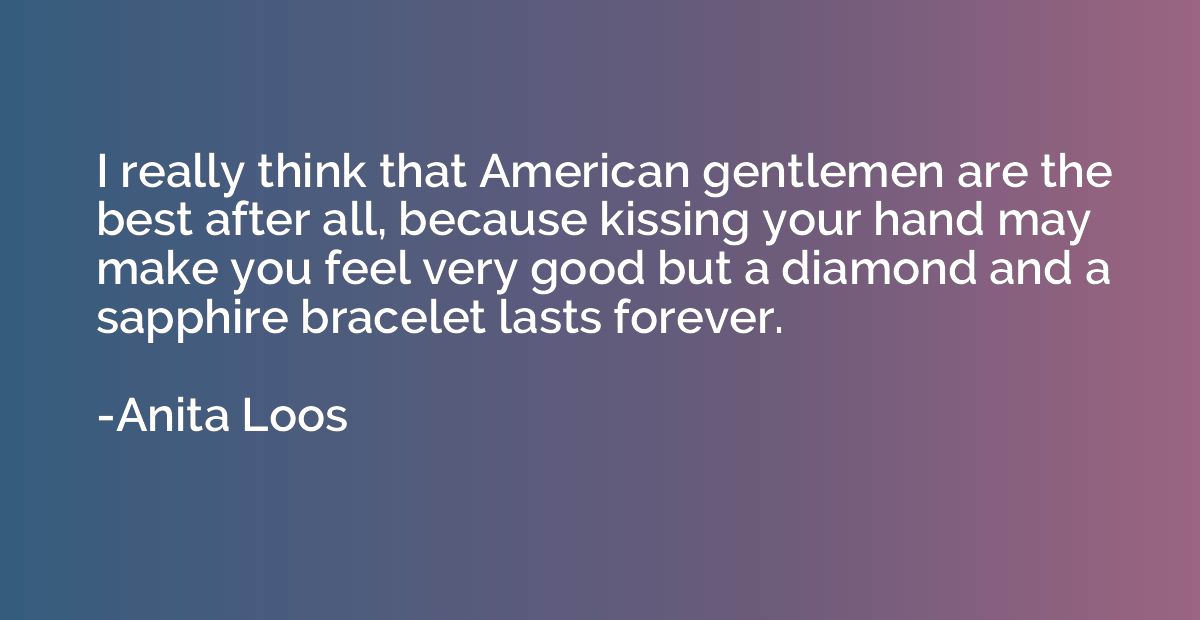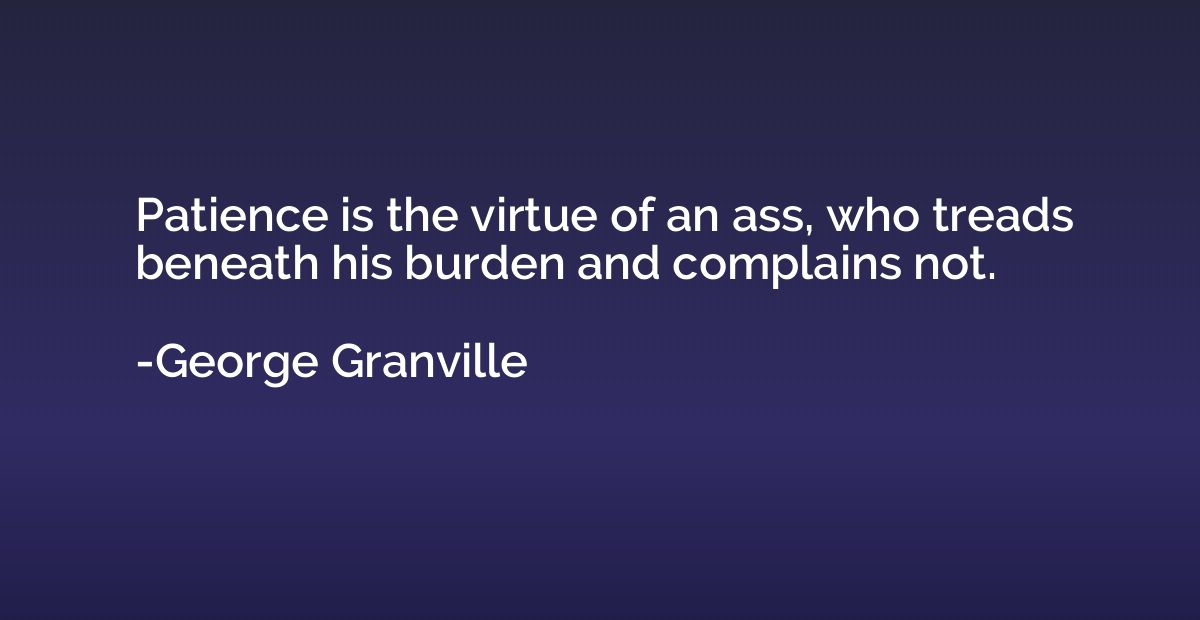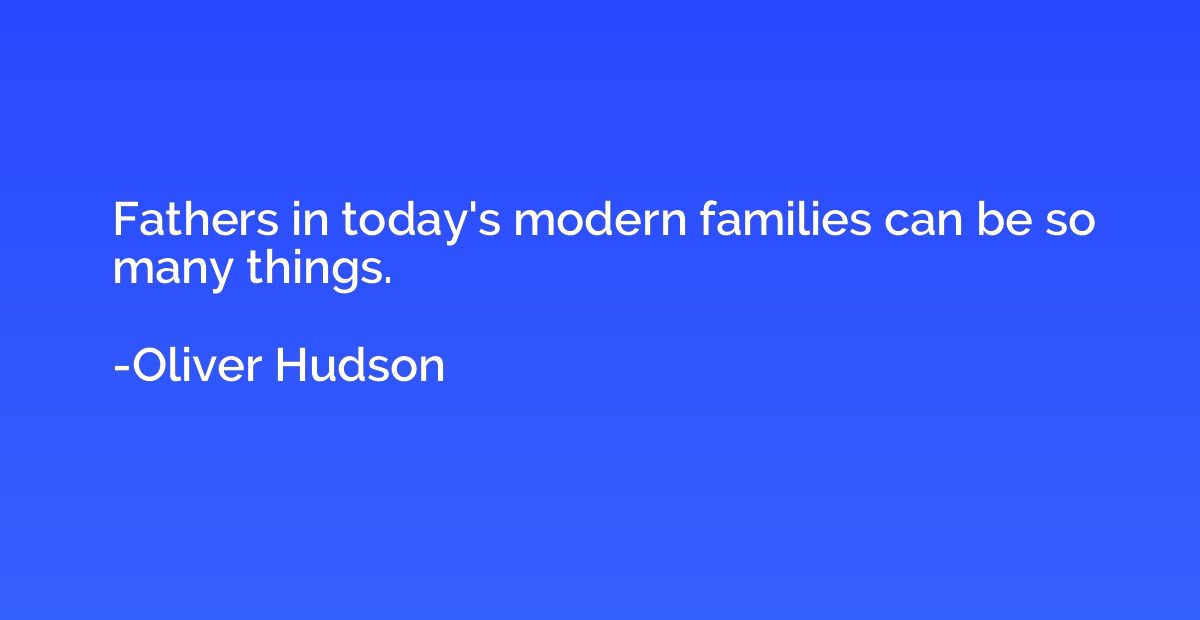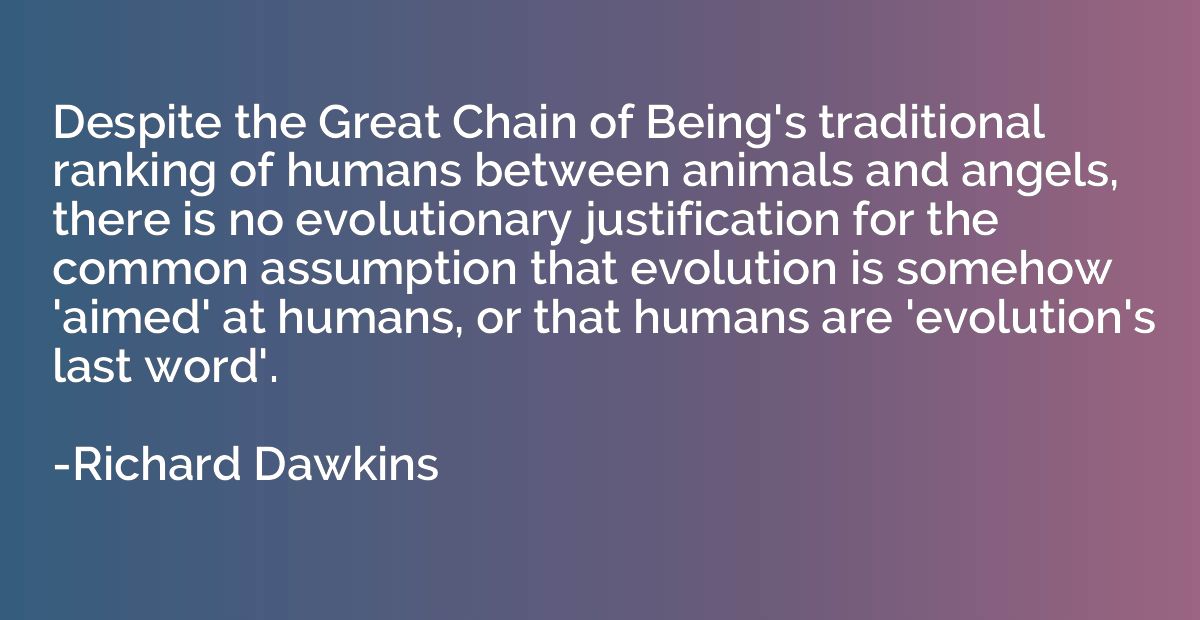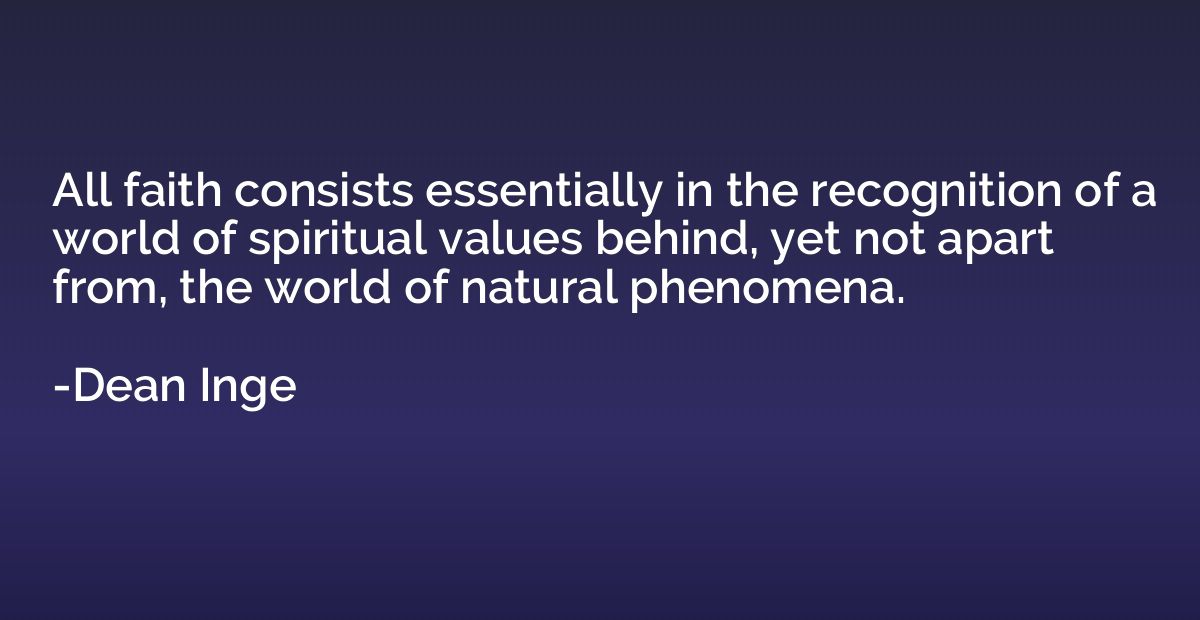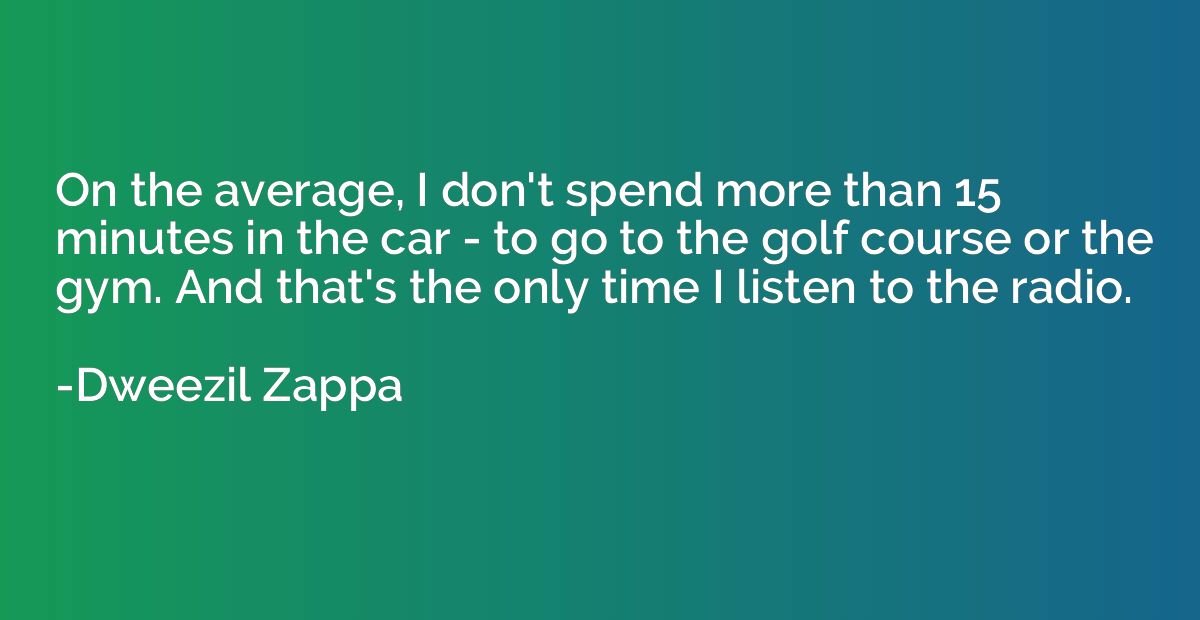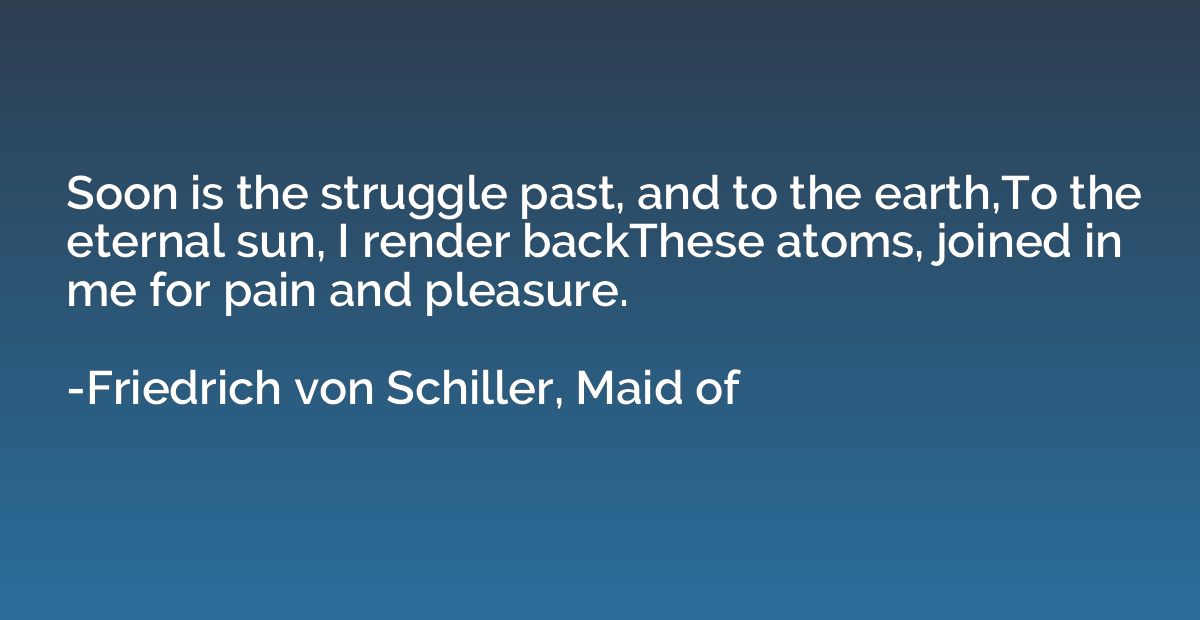Quote by Gloria Vanderbilt
The fame you earn has a different taste from the fame that is forced upon you.

Summary
This quote suggests that there is a distinction between achieving fame through one's own efforts and talent, versus having fame imposed upon oneself without personal choice. It implies that the experience and perspective of these two types of fame differ significantly. "The fame you earn" refers to the recognition that comes with a deliberate pursuit of one's passion or skill, which may bring fulfillment and satisfaction. On the other hand, "the fame that is forced upon you" implies a situation where someone becomes famous unwillingly or is thrust into the spotlight without actively seeking it, potentially leading to a less fulfilling or enjoyable experience.



